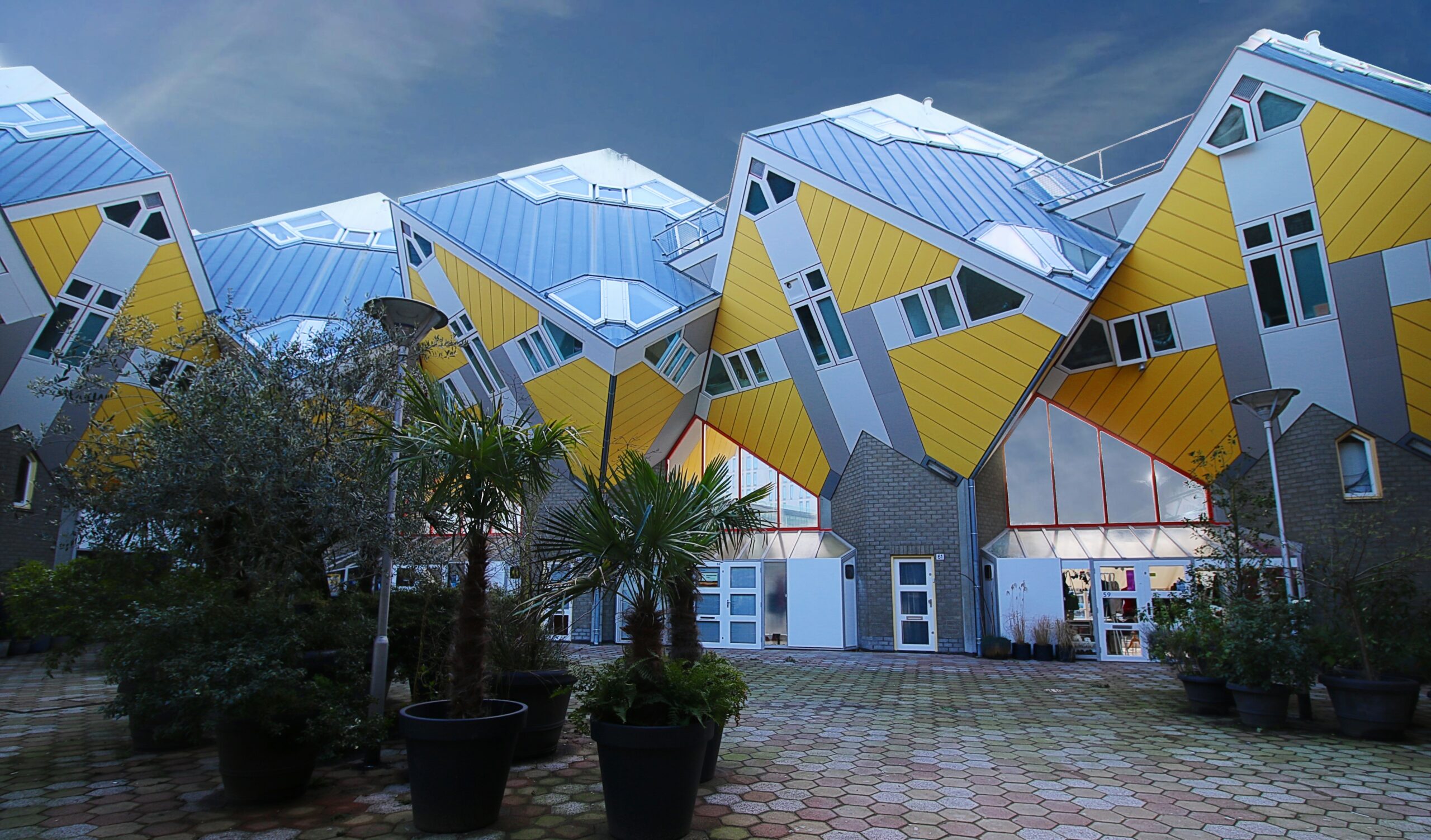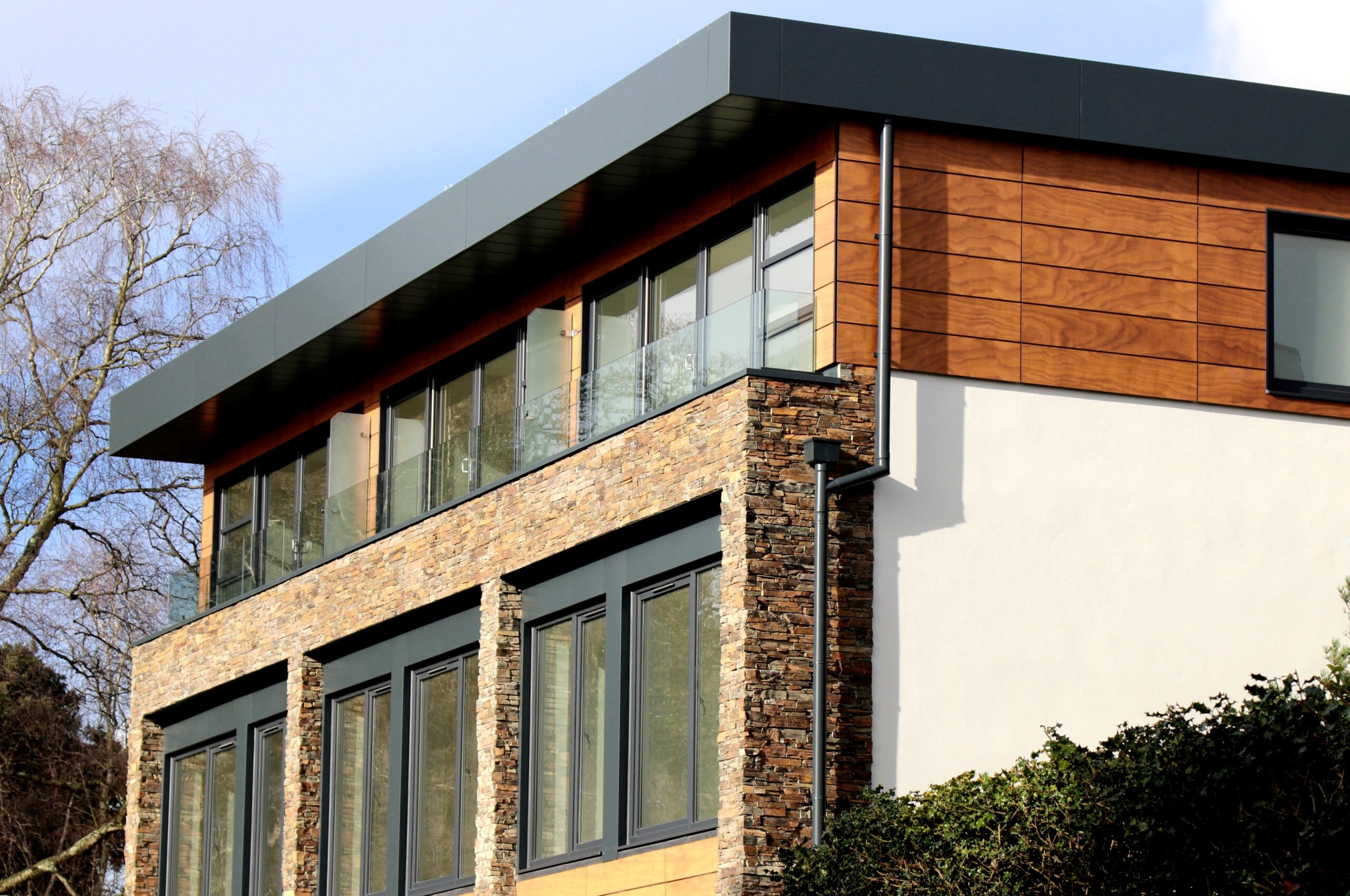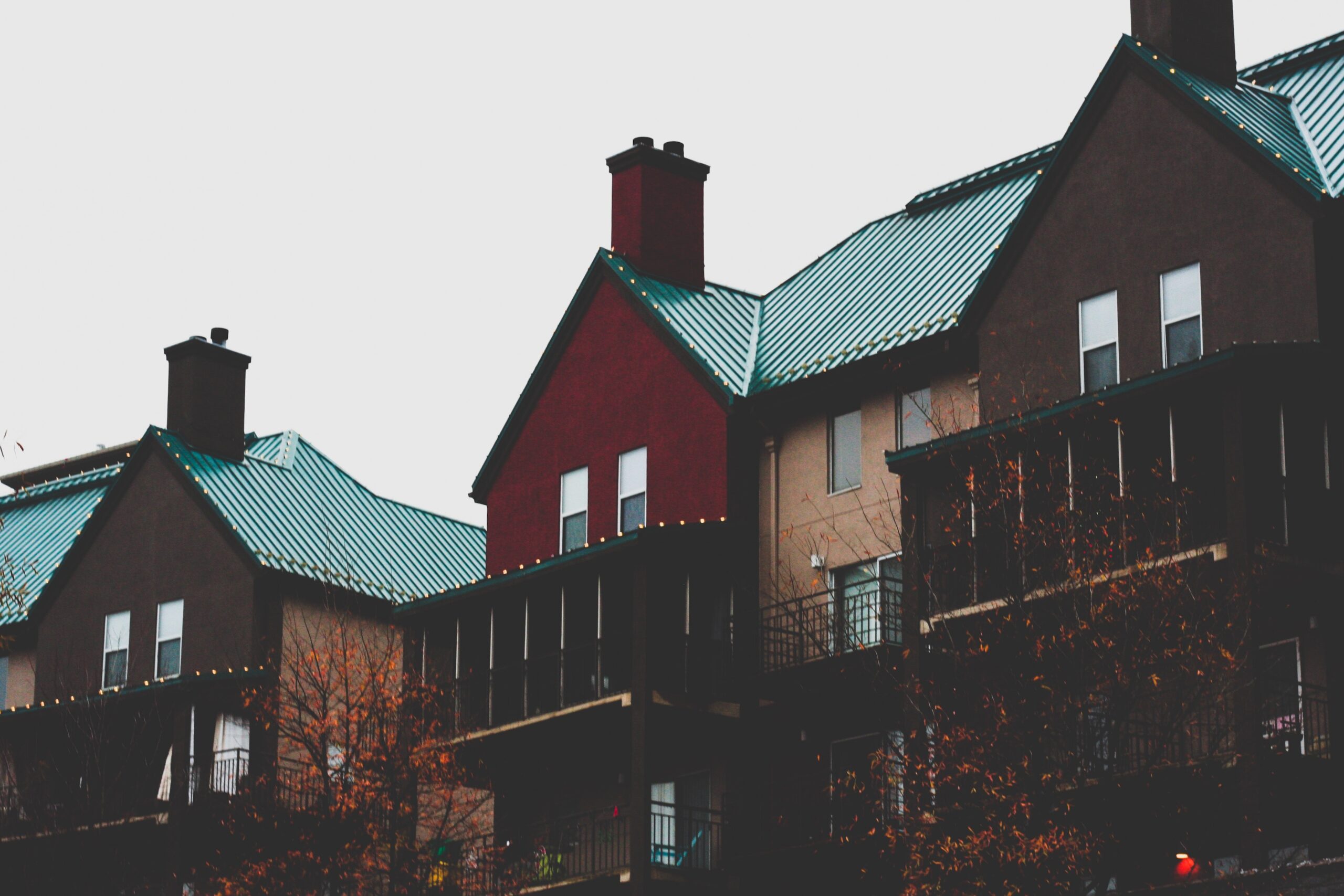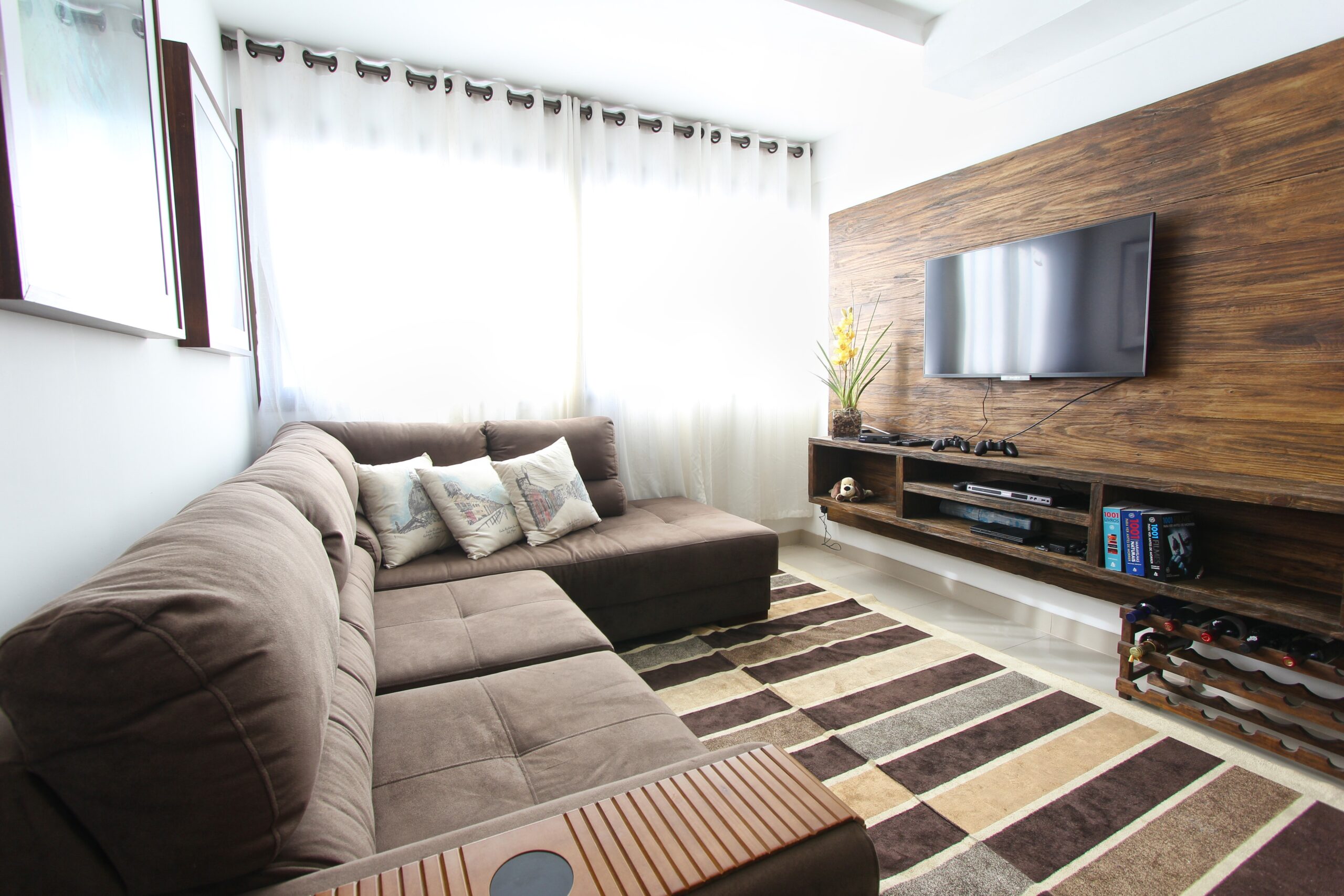
When it comes to choosing a new home, there are various options available, and two popular choices are condos and townhouses. Each offers its own set of advantages and disadvantages, making the decision a crucial one for potential homeowners. In this article, we will compare condos and townhouses, exploring their differences, benefits, and drawbacks. By the end of this read, you will have a clearer understanding of which housing option best suits your needs and lifestyle.

Table of Contents
- What are Condos?
- Definition of Condos
- Ownership Structure
- Amenities
- What are Townhouses?
- Definition of Townhouses
- Ownership Structure
- Outdoor Space
- Pros and Cons of Condos
- Advantages of Condos
- Drawbacks of Condos
- Pros and Cons of Townhouses
- Advantages of Townhouses
- Drawbacks of Townhouses
- Location Considerations
- Urban Living with Condos
- Suburban Living with Townhouses
- Financial Aspects
- Condo Affordability
- Townhouse Investment Potential
- Lifestyle Differences
- Community Living in Condos
- Privacy in Townhouses
- Maintenance Responsibilities
- Condo Maintenance
- Townhouse Maintenance
- Customization and Renovations
- Condo Limitations
- Townhouse Flexibility
- Security and Safety
- Condo Security Measures
- Townhouse Safety Features
- Pet-Friendly Options
- Condo Pet Policies
- Townhouse Pet-Friendly Environment
- Noise and Privacy Considerations
- Condo Living Noise
- Townhouse Privacy
- Communal Spaces
- Condo Shared Facilities
- Townhouse Private Spaces
- Energy Efficiency
- Condo Energy Features
- Townhouse Green Initiatives
- Conclusion
What are Condos?

Definition of Condos
A condominium, commonly known as a condo, is a type of housing where individuals own their living spaces within a larger complex. Condos can vary from apartments in high-rise buildings to individual houses within a gated community. The ownership structure of a condo involves owning the unit itself and sharing common areas, such as gyms, pools, and hallways, with other residents.
Ownership Structure
When you buy a condo, you become a part-owner of the entire condominium complex, along with the other residents. This shared ownership comes with certain responsibilities, such as paying monthly maintenance fees to cover communal area upkeep.
Amenities
Condos often come with a range of amenities, which may include fitness centers, rooftop terraces, concierge services, and more. These communal facilities offer a convenient and luxurious lifestyle for residents.
What are Townhouses?
A townhouse is a type of housing that typically consists of multi-level units attached to each other in a row. Townhouses can be standalone structures or part of a larger townhouse community. Each unit has its own entrance and sometimes includes a small yard or garden.
Ownership Structure
Townhouse owners have full ownership of their units, including both the interior and exterior spaces. They are also responsible for the maintenance of their property.
Outdoor Space
One of the significant advantages of townhouses is the presence of outdoor space, which allows for gardening and relaxation. This is particularly appealing to individuals who value a private outdoor area.
Pros and Cons of Condos

Advantages of Condos
- Low Maintenance: Condos often have maintenance services that take care of common areas, making it easier for residents to manage their living space.
- Amenities: Access to various amenities like pools, gyms, and lounges can enhance the overall quality of life.
- Community Living: Condos offer opportunities to socialize and build a sense of community with fellow residents.
Drawbacks
- Lack of Privacy: Living in close proximity to neighbors can result in reduced privacy and potential noise disturbances.
- Monthly Fees: Condo owners are obligated to pay monthly maintenance fees, which can impact their budget.
Pros and Cons of Townhouses
Advantages of Townhouses
- Outdoor Space: The presence of a yard or garden allows for personal outdoor activities and customization.
- Full Ownership: Townhouse owners have more control over their property, making it easier to implement renovations or modifications.
- Quieter Living: Townhouses usually provide a quieter and more private living environment.
Drawbacks of Townhouses
- Maintenance Responsibilities: It’s owners are responsible for the upkeep of their property, which can be time-consuming.
- Limited Amenities: Unlike condos, townhouses may not offer the same range of amenities.
Location Considerations

Urban Living with Condos
Condos are often found in urban areas, close to city centers and business districts. This makes them ideal for those who prefer easy access to entertainment, restaurants, and public transportation.
Suburban Living with Townhouses
These are commonly located in suburban areas, offering a more relaxed and family-friendly atmosphere. They are suitable for those seeking a quieter and less hectic lifestyle.
Financial Aspects
Condo Affordability
Condos may be more affordable than townhouses, making them a suitable option for first-time buyers or those on a tighter budget.
Townhouse Investment Potential
On the other hand, It may appreciate more in value over time, presenting a better long-term investment opportunity.
Lifestyle Differences
Community Living in Condos
Condos promote a sense of community, providing opportunities to socialize with neighbors and participate in shared activities.
Privacy in Townhouses
It offer a more private living environment, appealing to individuals who value personal space and peace.
Maintenance Responsibilities
Condo Maintenance
Condo owners have less maintenance responsibility, as much of the upkeep is managed by the condo association.
Townhouse Maintenance
Owners must take care of their property, including landscaping and exterior maintenance.
Customization and Renovations

Condo Limitations
Condos may have restrictions on renovations and customizations due to shared walls and communal areas.
Townhouse Flexibility
Owners enjoy more freedom to modify their living space to suit their preferences and needs.
Security and Safety
Condo Security Measures
Condos often have security systems and gated access, providing a higher level of safety.
Townhouse Safety Features
These houses typically have private entrances, contributing to a sense of security.
Pet-Friendly Options
Condo Pet Policies
Condo living may come with specific pet policies and restrictions.
Townhouse Pet-Friendly Environment
It often offer more suitable spaces for pets and pet owners.
Noise and Privacy Considerations
Condo Living Noise
Living in close proximity to neighbors may result in increased noise levels.
Townhouse Privacy
Townhouses usually provide a quieter living environment, minimizing noise disturbances.
Communal Spaces
Townhouses focus on individual outdoor areas, providing more privacy and personalization options for residents.
Energy Efficiency
Condo Energy Features
Condos often have modern energy-efficient systems and appliances, which can help residents save on utility bills.
Townhouse Green Initiatives
Townhouses may have more opportunities for eco-friendly initiatives like solar panels and rainwater harvesting.
Conclusion
Choosing between a condo and a townhouse ultimately depends on individual preferences, lifestyle, and financial considerations. Condos are great for those who seek urban living, convenience, and a strong sense of community. They offer low maintenance and access to various amenities but come with potential noise and privacy issues.
On the other hand, townhouses cater to individuals who value outdoor space, privacy, and customization. They provide a quieter living environment and offer more ownership control, but require more maintenance and may have limited amenities.
In making your decision, consider what aspects are most important to you and your family. Assess your budget, lifestyle, and long-term goals before choosing the best housing option that suits your needs.
FAQs (Frequently Asked Questions)
- Q: Are condos more suitable for singles or small families?
- A: Condos can be suitable for both singles and small families, depending on their needs and preferences. Some condos offer larger unit sizes to accommodate families.
- Q: Do townhouses usually have homeowner associations?
- A: Yes, many townhouse communities have homeowner associations to manage shared spaces and amenities.
- Q: Which option typically offers better resale value?
- A: Townhouses often have a better long-term investment potential and may appreciate more in value over time.
- Q: Can I renovate a condo to create additional rooms?
- A: Renovation possibilities in condos may be limited due to shared walls and building regulations. Check with the condo association before planning major modifications.
- Q: Are townhouses pet-friendly?
- A: Townhouses are often pet-friendly, and the presence of outdoor space makes them more suitable for pets.
In conclusion, when deciding between condos and townhouses, carefully evaluate your lifestyle, preferences, and financial capabilities. Consider the advantages and disadvantages of each option to make an informed choice. Both condos and townhouses have their unique benefits, and your decision will ultimately depend on what aligns best with your individual needs and desires. Happy house hunting!